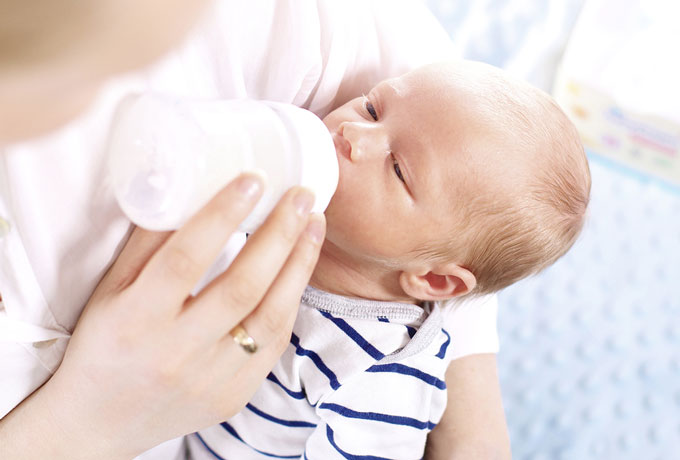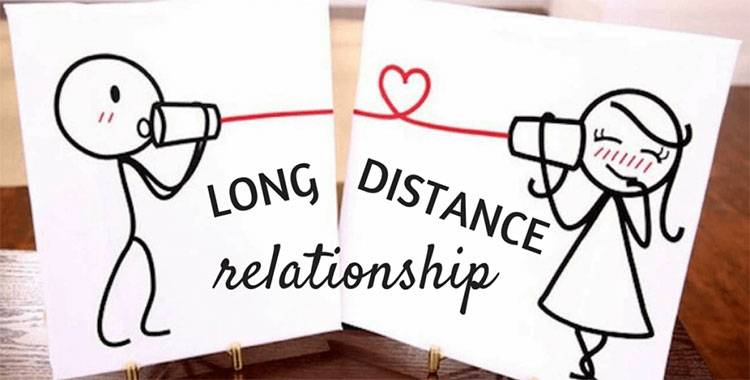We all know that a mother’s milk is the best possible source of nutrition for a new-born child. The mother continues to provide nourishment to the baby, and breast-feeding develops a special bond with the mother and the child. However, it is important to remember that after six months of age babies need more nutrition than just breast milk. The biggest challenge at this stage is to wean off and help your baby in the transition to other forms of food.
In this article:
When to Stop Breastfeeding?
How to Stop Breastfeeding Gradually?
How to Stop Breastfeeding Immediately?
When to Stop Breastfeeding?
Scientifically babies need more nutrition after six months of age, but up to the age of one breast milk is often the best source of nutrition. It is up to you to decide when you want to wean off, as it depends on a number of other factors such as the mother’s health and whether she has to resume working in an office.
How to Stop Breastfeeding Gradually?
Here are seven best ways to stop breast feeding gradually.
Transition from Breast Milk to Formula Milk
If your baby is under six months of age, make sure you are transitioning because it is absolutely necessary. For a baby under six months, breast milk still is the best source of food. If you want to wean, try replacing one feed of breast milk with formula, and gradually increase the number of feeds with formula. Formula is much heavier in composition than breast milk, hence there is a good chance it will keep your baby’s appetite under control and keep them feeling full after a feed. It is best to consult a medical professional if you have doubts about how healthy this process is.
Try Distracting Your Baby
Often times, your baby might not actually be hungry. They may just be craving the comfort and closeness of you breastfeeding them as that assures them. When you are trying to wean, you have to break this habit. You should try and come up with other distractions for your baby. Children are attracted by shapes, colours, sounds and textures. You can introduce a soft cushy ball, or a toy that produces sound when shaken or pressed. This will slowly shift how your baby derives comfort and will be helpful in stopping breastfeeding gradually.
Get Your Baby to try Some Solid Foods
Once your baby has passed the six month mark, they can easily start consuming solid foods. There are loads of suggestions on what food you can offer your baby when they are gradually transitioning to solid food. Try beginning with soft, gooey, mashed up food. Usually boiled vegetables, soups, pulses are a good idea. They may reject it initially, but soon will prefer it. Keep trying and do not be disheartened easily. Change takes time to happen.
Make them Choose Between Formula or Solid Food
Often your baby might be absolutely uncooperative and unwilling to consume anything other than breast milk. It might break your heart to see your baby crying of hunger, but remember this crying is a natural reaction. It is your baby’s way to express their discomfort. Keep offering formula milk or solid food to them, until their crying subsides and they start consuming one of the two.
Give them a Pacifier
There are many debates on whether the pacifier is good or bad for the development of the child, however the final decision is up to you. You can make an informed decision any time. Suckling is the first activity the baby is accustomed to and it might be very difficult for your baby to give up the habit of suckling. Sometimes babies cry not because they are hungry but because they want something to suckle on. In such cases, a pacifier is a good option. Make sure you choose a safe brand.
Replace a Feed with a Cuddle or Alternative Food
When your baby keeps crying and you are confused because they should be full, given how much food they consumed, try cuddling them at their usual feeding spot. You can ask your partner to do the same. Chances are the baby wants some warmth and intimacy, not food.
Seek Support from a Healthcare Professional
If you have tried everything mentioned here and recommended by your friends and family, you might try consulting healthcare professionals. There are many nuances and special circumstances that may come out only after close observation. A medical health professional who is trained to understand the habits of babies will know what the problem is.
How to Stop Breastfeeding Immediately?
Stopping breastfeeding immediately is not advisable, but if you wish to do so you can try investing in a breast pump which releases the milk in your breasts. Stopping feeding might make your breasts tender and painful, and over-the-counter drugs like paracetamol and ibuprofen can help. Consult a medical health professional before taking medications.
Night Weaning
Night weaning can be difficult as women tend to produce the majority of the milk at night. Similarly, children who are used to having night feeds find difficult to adjust their eating schedule. Try to offer the children a nutrient heavy meal before they go to sleep at night. Feed children every two hours during the day instead of in a constant gap of three hours.
Manage Engorgement
To manage the excess engorgement of breasts, a breast pump may help the most. Alternatively, you can also use your hand. You can consult a health professional to guide you.
Signs of Trouble
Stopping breastfeeding suddenly can lead to depression and excessive mood swings, apart from the tender sensitivity in breasts which can be painful. Your body has to slowly accustom to this change, and feeling uncomfortable is natural. Suppressing breast milk production could be the final step in stopping breastfeeding. Apart from herbs and Vitamin B, the consumption of prescription drugs can help, after they are recommended by a doctor.
References:
https://www.medela.com/breastfeeding/mums-journey/weaning
https://www.thebump.com/a/how-to-stop-breastfeeding
https://www.healthline.com/health/parenting/how-to-dry-up-breast-milk#takeaway
https://parenting.firstcry.com/articles/when-and-how-to-stop-breastfeeding-a-baby/













